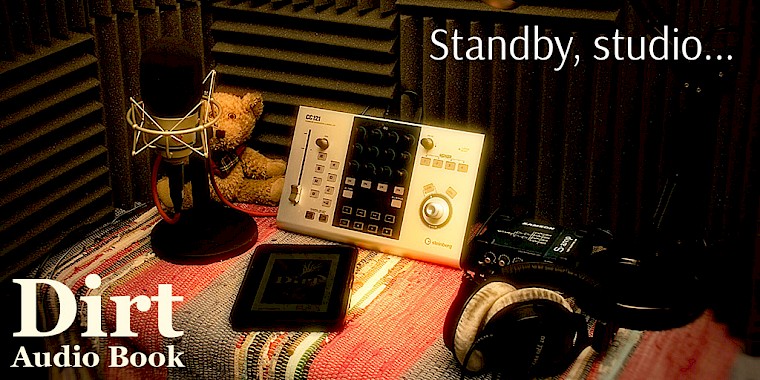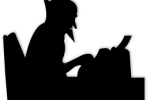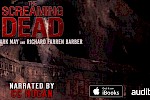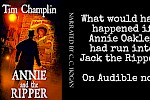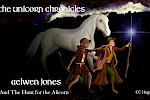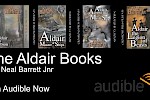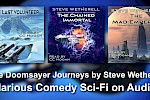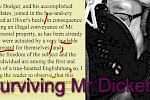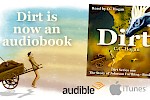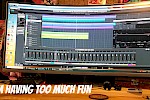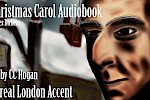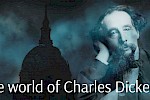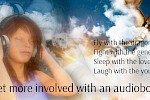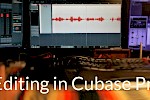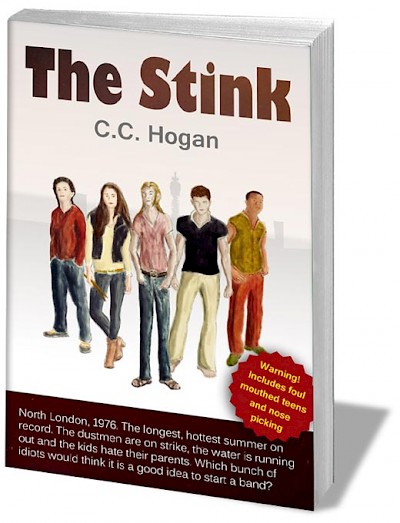A few tests to go, and then we are off
I am getting very close now to starting the job of recording series one of Dirt.
Really I should have done all this a year ago, but for various reasons I was not able to, not least of which was that next door has been rebuilding half their house which would have caused problems. That is all finished now, so I have grabbed the sound-bull by the horns and built my voice booth.
So, how am I doing this?
I was a sound engineer and producer for many years, working in a range of fields, including voice production. Part of my delay has been that I am fussy about my recording set-up and was not happy recording in an ordinary room.
Many good audio books are very well recorded from the technical point of view, and if mine is less than right, it is no good at all.
In the end, I have opted for building a booth in the corner of my room and running a remote to my PC. In some ways this is awkward as I cannot see my monitor, however, back in the 70s and 80s we did not have that luxury. Back then we worked on tape and found our place by listening as we wound backwards and forwards. I can do that with the remote and I am more than happy to start working like that again, albeit in a digital format.
Currently, the set-up is as follows:
I am using a Neumann microphone run through a Focusrite preamp and interface, recording on to Cubase Pro 9. This is a little over the top, but I have this setup for my music work, so it is already paid for!
I am using the CC121 Steinberg controller to control Cubase and am monitoring through Beyer DT 770 headphones.
I will be recording at 44.1khz/24bit which is industry-standard for this type of work.
I am going to read off my old Kindle Fire to eliminate paper rustling for the moment. The only problem with this is I cannot mark up the "script" as it were as easily as I can with a pen. For my own book, that is not a major problem at this stage, but if this works and I take on other work, I will have to look at that. I have a thought about messing with PDFs and my art pad.
I am going to "rock and roll" the recording, which is a technique we used to do on tape. Basically, if I make a mistake, I wind back a little way, go into play and then punch in at a sensible point, normally the beginning of a sentence or paragraph. This can reduce editing to pretty much zero once you get used to working this way, though it can be fiddly timing the punch in point allowing for a natural breath.
Changing the Plan
The only possible problem is if I am unhappy with the level of background noise. The voice booth should eliminate that problem, but if it doesn't I will change the way I record.
My current plan B is to buy a Tascam digital recorder that suits my purpose and then turn off whatever is making the noise. I will then transfer onto Cubase to edit.
This will be a right pain, to be honest, as I am skint, so I am crossing my fingers that I don't need to go this way. It will also slow down the recording and editing process.
My one advantage over other voices is that I edit incredibly fast and really know what I am doing. So I hope that will compensate for Plan B.
Marking up the Script
Although I won't do this immediately for Dirt, it is important for most recording.
When I worked with the leading voiceover talent in London, I was impressed how much they would mark up their scripts. One of the best was a sadly long-dead actor called David Tate. He would pepper his script with slashes to show breathing points, underlining part or whole words for emphasis, change spellings of unfamiliar words, and so on.
The scripts looked a complete mess!
If he was recording a short script he would do the marking-up in the session; long scripts were sent to him in advance. He notated the script while speaking out loud in a halting, stumbling fashion as he worked his way through. Clients who had not worked with him before would sometimes panic as it sounded awful.
When he was ready, he would look up at me and smile. I would put the machine into record and ident the tape. "Book record, pages 1 to 4, David Tate, take one. Off you go, mate." We always kept everything neat but relaxed. It made for better recordings.
The reading was near perfect and a joy to listen to. We would do one or two pickups and that was it for that length. Job done.
Style
I have been listening to a few audiobooks recently, especially those not recorded by UK and US Celebs
Generally speaking, they are competently recorded and the readings are clear. However, sometimes they lack in character.
Although I have done a fair amount of voice acting in years gone by, I am not now nor ever was a trained actor with an RP voice style. So when I record Dirt, I will probably act it out a little more than a regular voiceover might, not just changing accents, but messing with mic distance and so on. I want these to be fun and it will suit the book and my voice.
The story of Dirt is told from the point of view of the poor people at the bottom of the heap in society, predominantly Johnson Farthing. He is a cart pusher with a very common accent. In my head, he has a London accent like me, so that is where this will all come from.
Some other characters will have different accents, depending on where on Dirt they were born. I am not great at accents, but I will use hints of various accents from the British Isles to help the story along.
Weasel comes from Glasgow, in my head. Some of the red dragons have a definite Welsh thing going on. West Country accents are found all over the place, especially around the coasts, and a bit of rural Norfolk might creep into some of the villages. For some reason, I have a habit of making the occasional barman Aussie. I will probably record some reference bits onto my tablet or phone so I don't forget how the recurring characters speak!
Work for Others
If this goes well, I will list myself on Audiobook Creation Exchange (ACX) as a voiceover/producer.
I doubt I will get the volume of work some others get as I am not RP enough, but some might like my approach, especially if their book is comedic in any way.
I am quite looking forward to that and seeing what people think I am right for. It certainly will be challenging, but if I can make it through my own books, I can probably make it through others.
Dirt is 1.2 million words so far...
Talk to you soon - literally, I hope!

